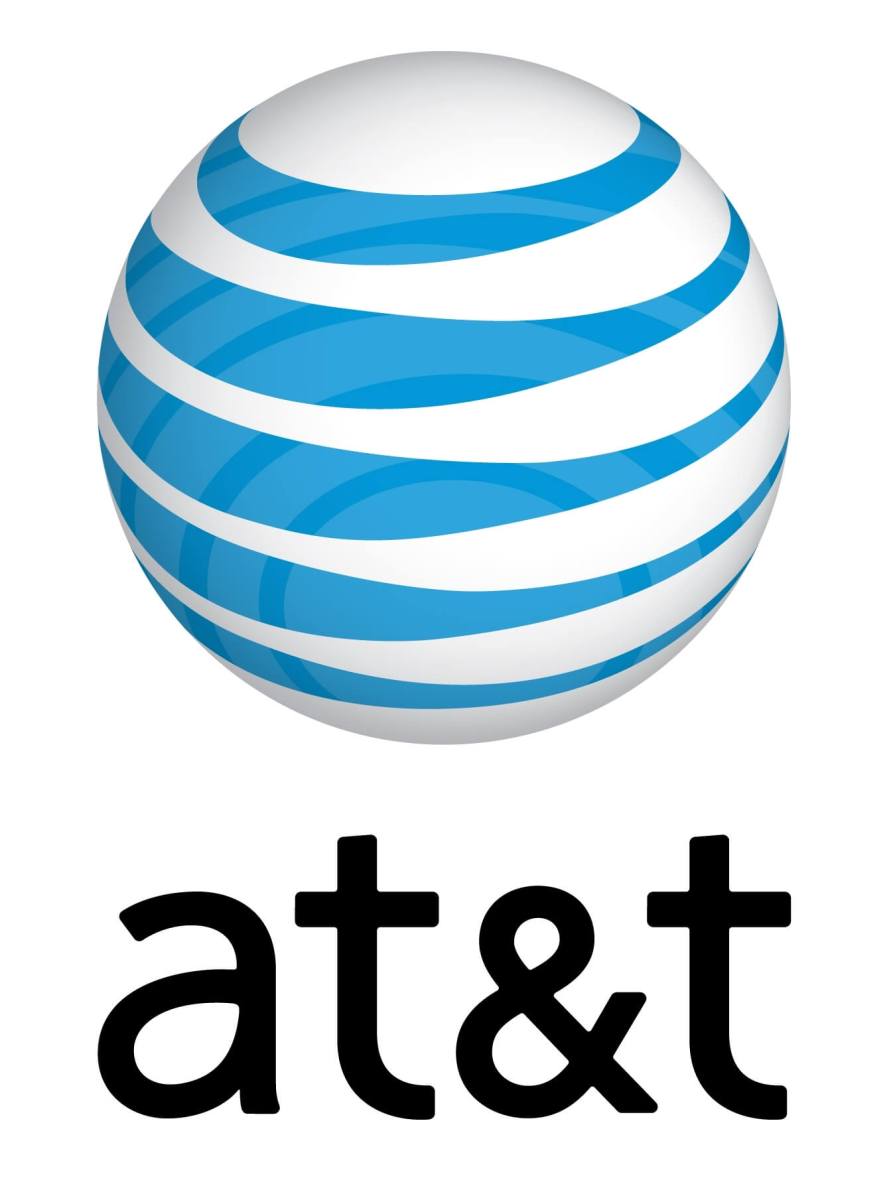 Amidst the chaos of another round of college basketball, cell phone carrier AT&T announced plans for a potential buyout of the countries fourth-largest cell phone provider, T-Mobile, for $39 billion.
Amidst the chaos of another round of college basketball, cell phone carrier AT&T announced plans for a potential buyout of the countries fourth-largest cell phone provider, T-Mobile, for $39 billion.
The deal, which still has to go through strict government guidelines and approvals before it can become official, would turn AT&T into the largest cell phone provider in the U.S. with over 139 million subscribers.
The move came as a surprise to many, with industry insiders thinking that the country’s third-largest carrier, Sprint, would be the company to purchase T-Mobile.
In order to be approved, the deal would have to get signed off by antitrust regulators at the Justice Department and the Federal Communications Commission, which oversee the transfers of wireless licenses.
For AT&T, the deal provides a way not only to beat back Verizon, but to also fulfill President Barack Obama’s initiative to bring high-speed wireless access to rural parts of the country. AT&T announced that if the deal were to go through, the company would invest in towers that would bring high-speed access, most notably through the new 4G services cell phone companies are offering, to 95 percent of Americans.
The announcement of such a large merger has also brought with it much scrutiny. Consumer advocate groups across the country have already made a call to arms over the deal, citing that higher prices and lower quality of service will result if AT&T would be allowed to purchase such a large carrier.
But for AT&T, the prospects of an expanded network are the basis for the purchase.
“This transaction represents a major commitment to strengthen and expand critical infrastructure of our nation’s future,” AT&T CEO Randall Stephenson said in a release about the potential merger.
Approval of the bill is at least a year away due to the regulatory process it has to go through, but if approved, AT&T said it is poised to start moving right away.



































